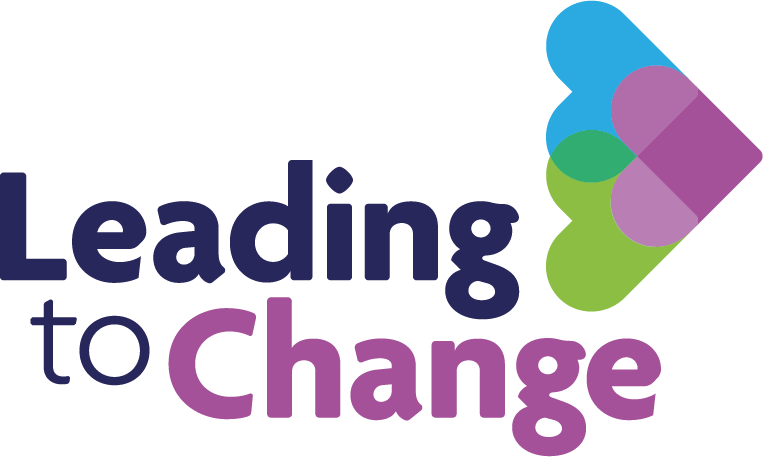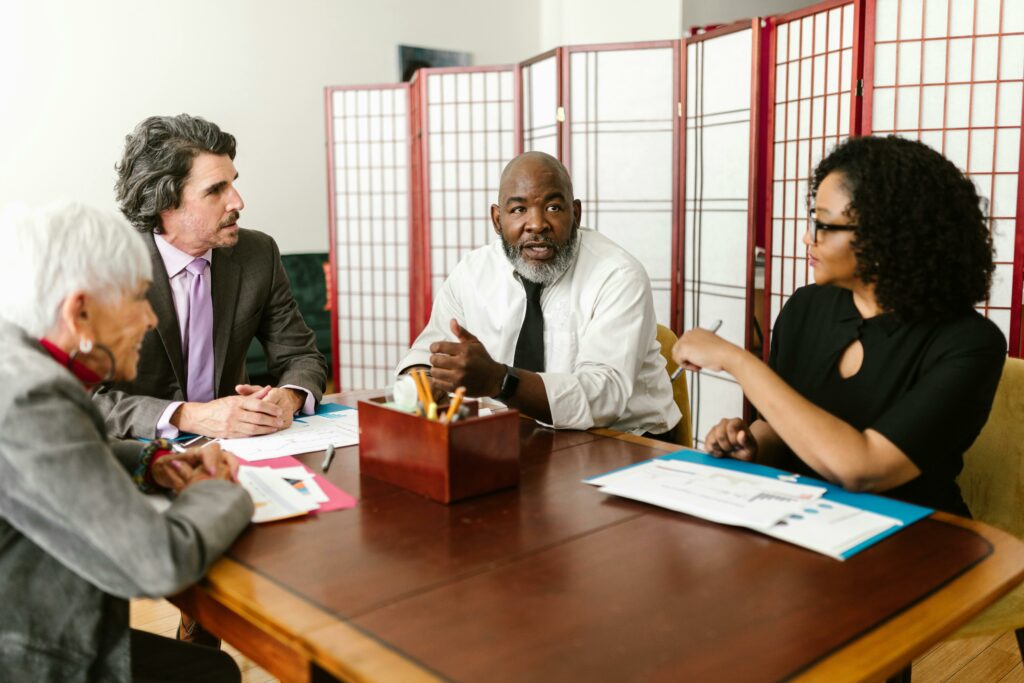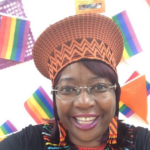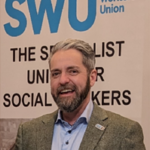
Dr Gregory Ekatah
- Role:
- Consultant Colorectal & General Surgeon, Scottish Government Clinical Adviser 2020-2022 and Scottish Clinical Leadership Fellow Alumni (19/20)
“My experience of being a black surgeon in frontline NHS Scotland can be epitomised, not in the fact that I am featured in a local health board brochure, website and PR material, or that I set-up and host a podcast for the largest surgical college in the UK, but that a young kid like me via a leadership fellowship could end up contributing within the Scottish Government during some of the most difficult times for this country – the COVID pandemic. The ultimate meritocracy where my ability and hard work were all that mattered.
Whilst you may never fully understand the lived experiences of ethnic minority clinicians, creating a supportive and open environment for them to share concerns would be a start.
The question “how can I help?” though simple, is very powerful and may start a conversation that could positively impact someone else’s experience.”
